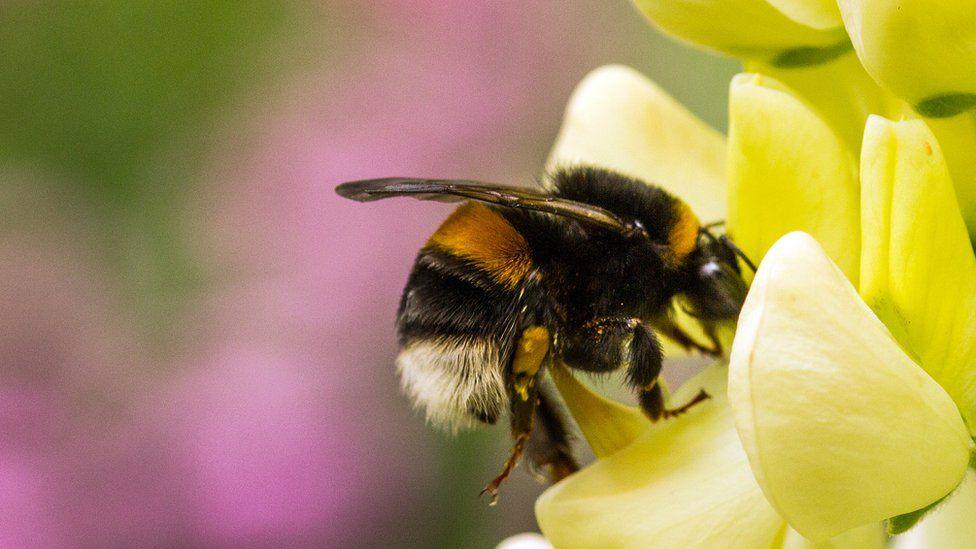Birds of prey to be used to deter golf course pests
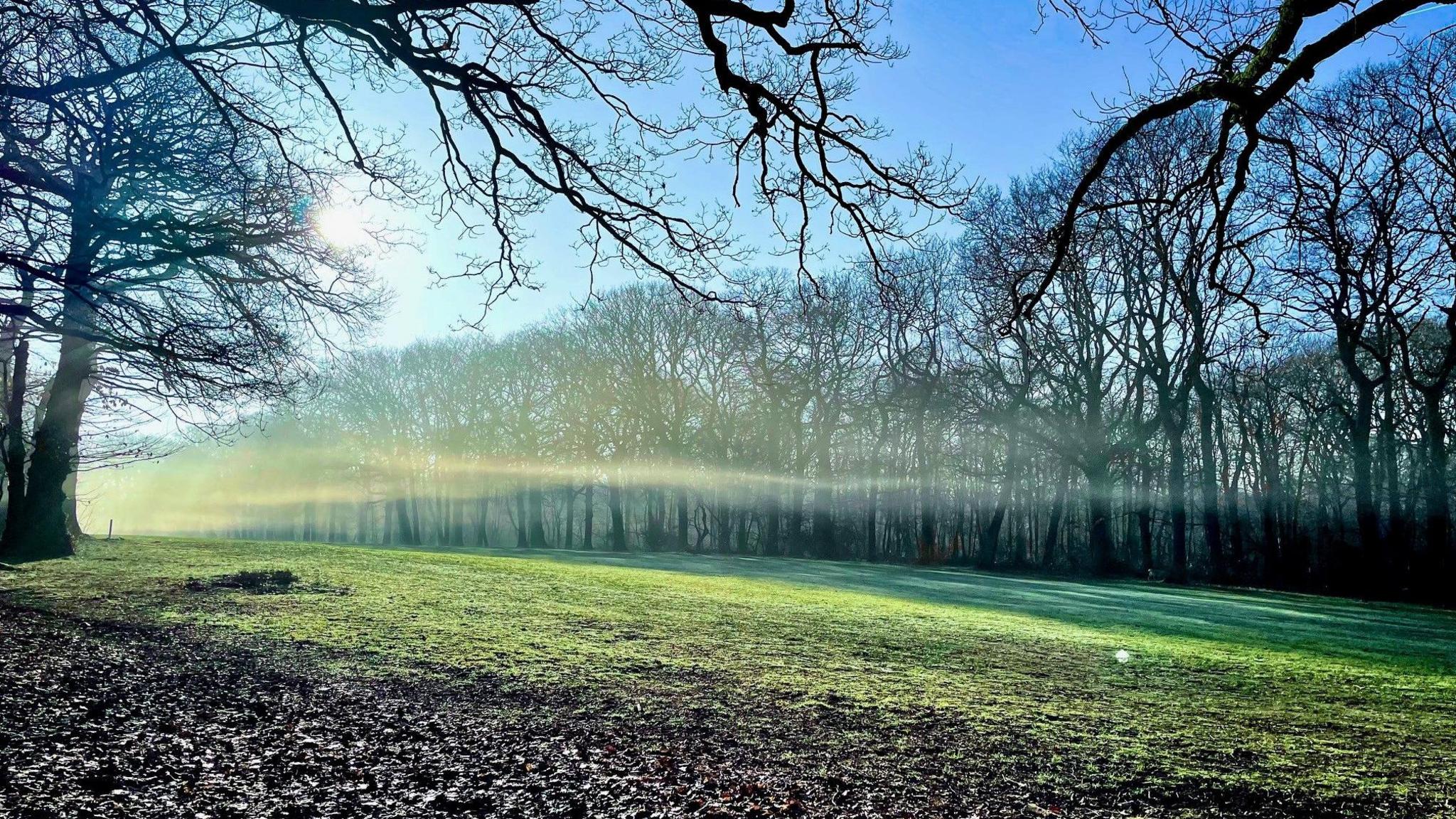
Belfairs Golf Club is a municipal golf course in Leigh-on-Sea, Essex
- Published
Birds of prey are set to be used by a local authority to help prevent damage being caused at a golf course.
The decision comes after the pesticide used by Southend-On-Sea City Council to treat the course at Belfairs Golf Club, in Leigh-on-Sea, Essex, became illegal in the UK.
The damage to the course occurs when wildlife, including crows, dig holes to feed on leatherjackets, the larvae of crane flies.
Lydia Hyde, the Labour councillor responsible for climate, environment and waste, said: "This has been shown to be very effective at other golf courses and is widely used across hospitals, train stations, and airports. The main benefit is that no harm comes to any birds."
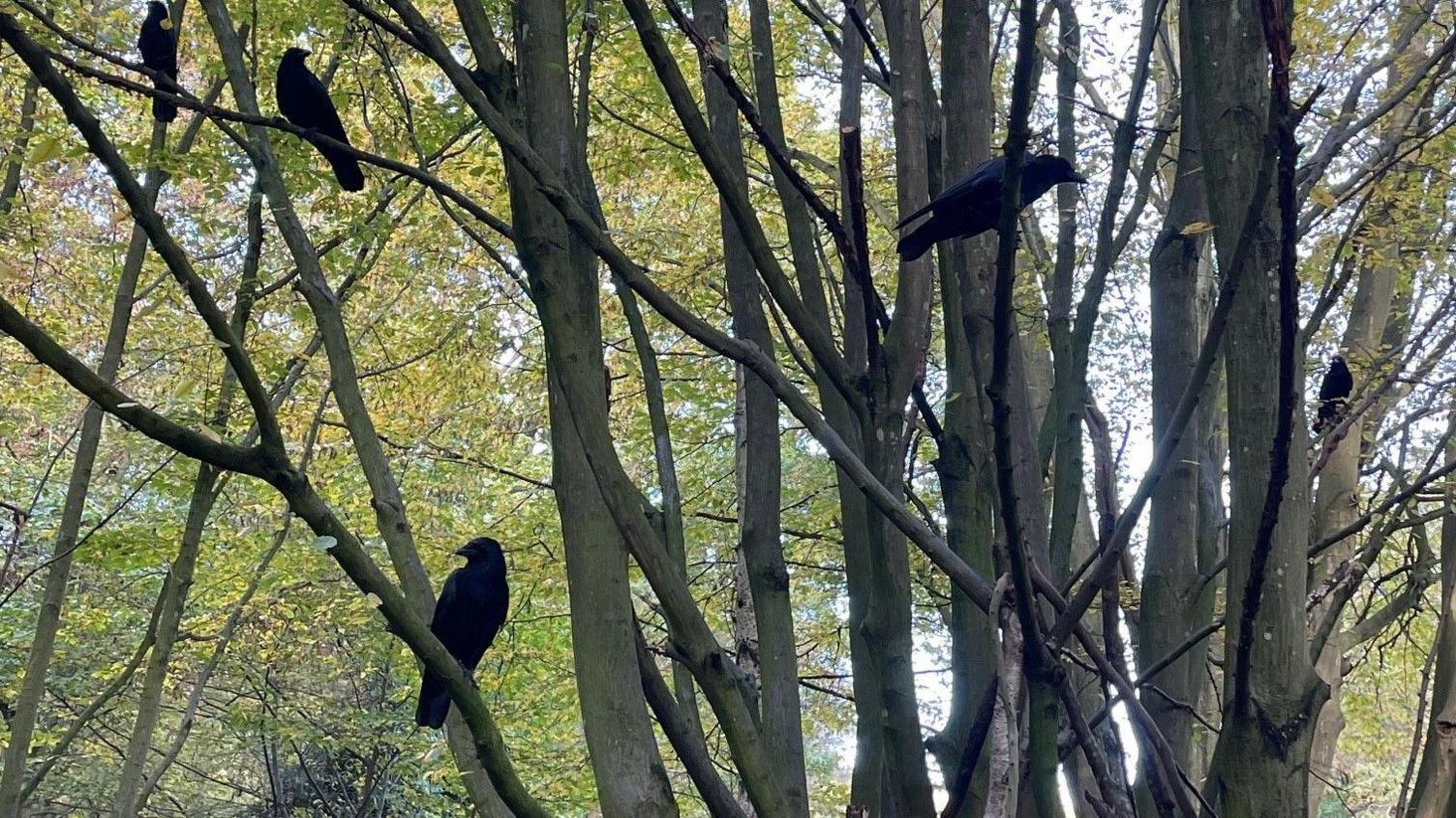
Lydia Hyde called hawking an "ethical" method of pest control before long-term solutions were ready
Hawking is a method of pest control that is used to deter pest birds from visiting areas in which they are not wanted.
Hyde announced the decision to the council on 12 December and said that long-term solutions that do not involve chemicals were in the works, but described hawking as the "ethical alternative" before then, according to the Local Democracy Reporting Service.
"We are looking at using nematodes instead, but these do take time to establish, and we need a solution in the meantime," she added.
Nematodes are microscopic parasites which feed on particular insects.
'Barmy and crazy'
Stephen Aylen, an independent councillor for the Belfairs Ward, is opposed to the decision:
"I can't put it in polite language to be honest, I just cannot believe that without any consultation with anyone that this was announced," he said.
"It's absolutely barmy and crazy."
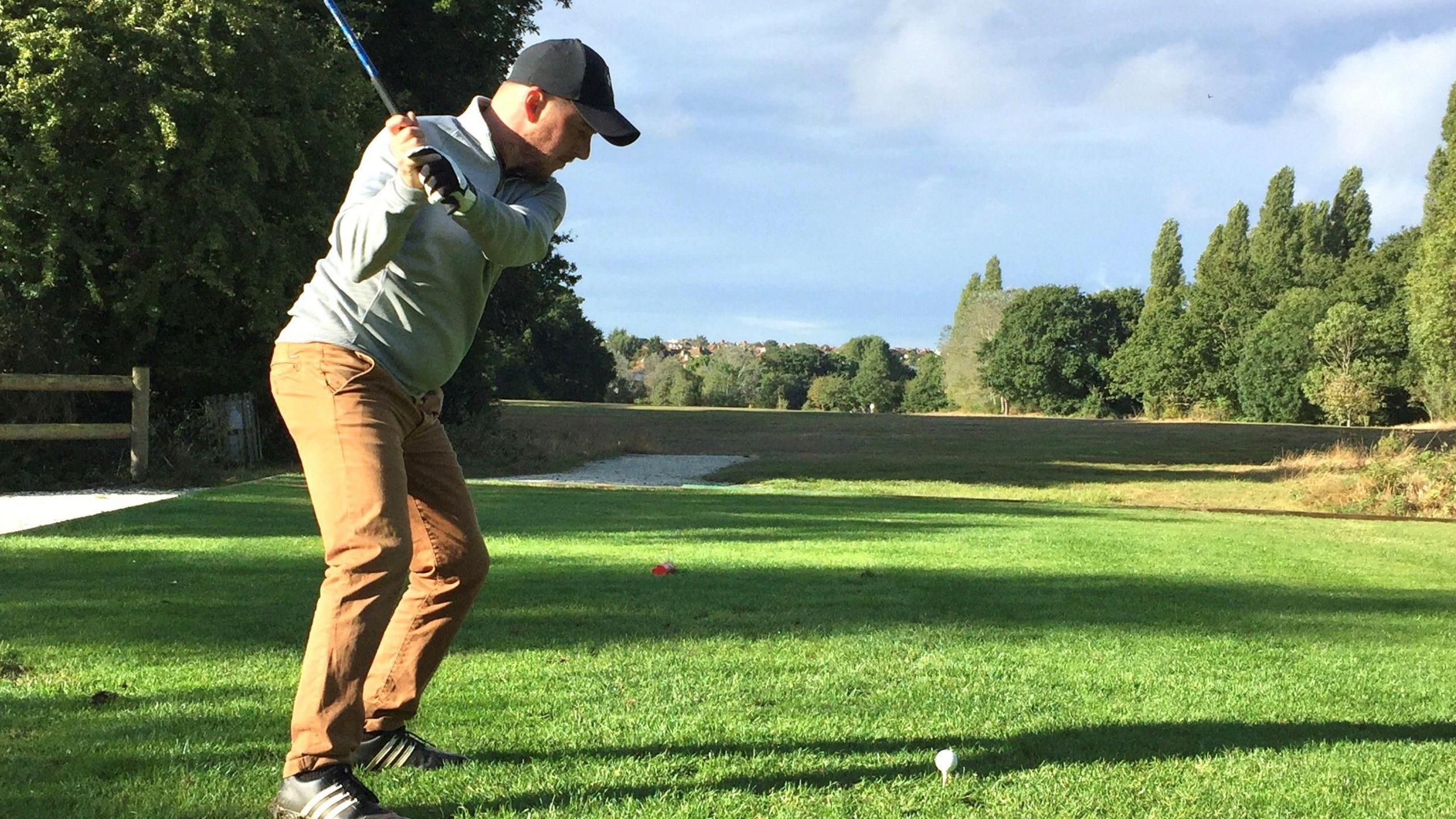
Stephen Aylen said golfers are complaining about "extra holes" on the green
Aylen, whose home backs on to Belfairs Park, raised the issue with the council in September after course staff had spoken about spending their mornings fixing the holes on the golf course, only for them to reappear a few hours later.
He said the problem was that leatherjackets live in areas of the greens where the grass is longer but the ground is soft.
Aylen added that it was not only crows who damaged the course but also "squirrels, rats, magpies, woodpeckers, the list goes on".
'Extra holes'
According to Aylen, badgers dig holes of about "six to nine inches", whereas crows only burrow "two or three inches".
"The golfers get upset as well because they've got extra holes to get their balls in," he added.
Hyde said that hawking fell within the approved pollinator policy for pest control, and therefore would not require a council discussion.
Get in touch
Do you have a story suggestion for Essex?
Follow Essex news on BBC Sounds, Facebook, external, Instagram, external and X, external.
Related topics
- Published22 November 2024
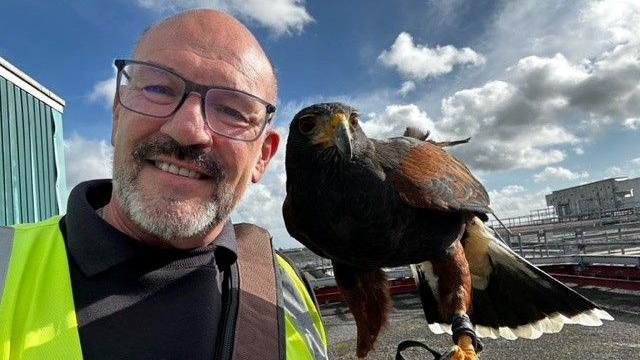
- Published31 October 2024
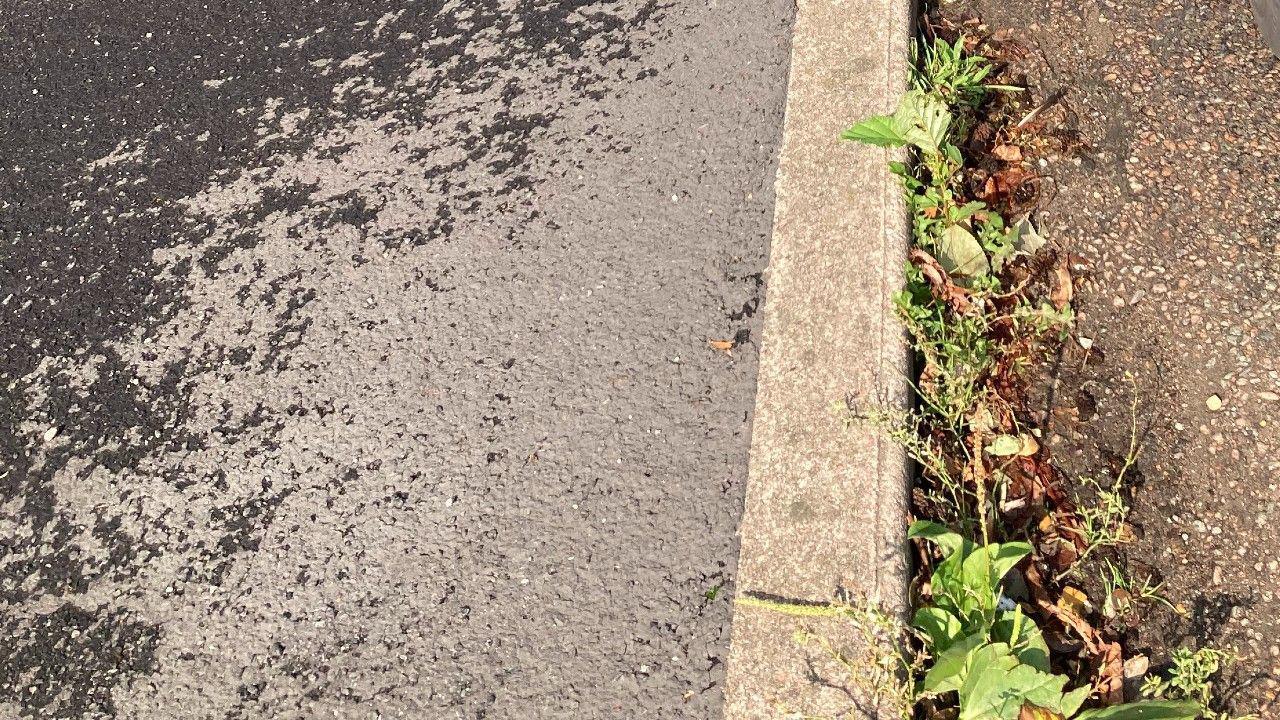
- Published18 January 2024
